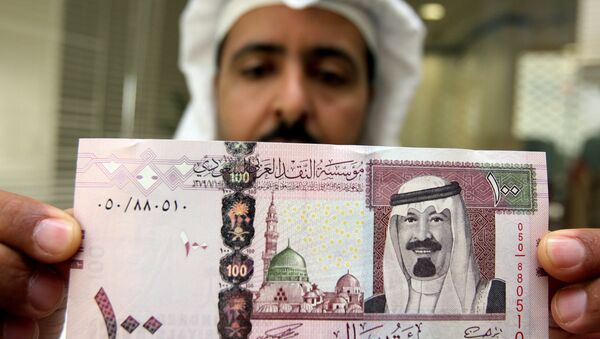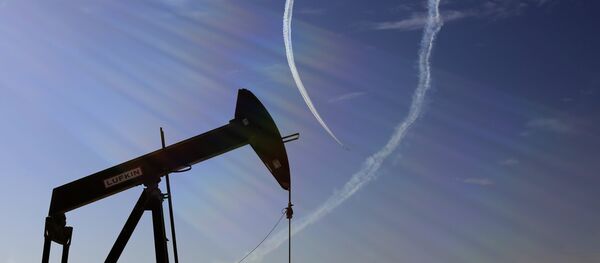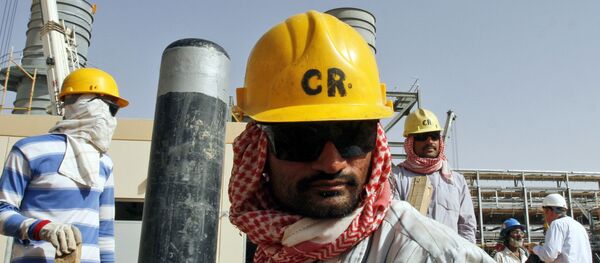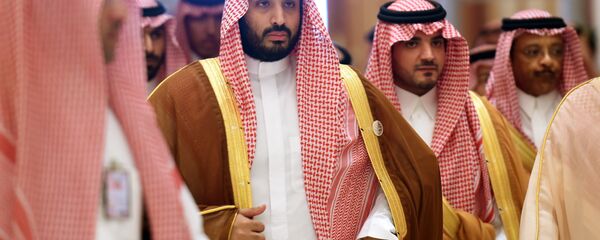Clouds are gathering on Saudi Arabia's horizon; to complicate matters further, none of these clouds have a silver lining, according to Beirut-based journalist Paul Cochrane.
"The Kingdom of Saudi Arabia (KSA) is in dire financial straits. Since the plunge in oil prices, the kingdom has been hemorrhaging money left, right and center," Cochrane writes for CounterPunch.org.
"To try to mitigate such economic pressures, Riyadh is planning a Thatcherite sell-off of major government entities to drum up more cash. It is causing a lot of excitement and comment in the financial pages, as top of the pile is the plan to float an initial public offering (IPO) of up to 5 percent of Aramco, supposedly the world's largest oil producer and valued at some $2 trillion," Cochrane continues.
Furthermore, Deputy Crown Prince Mohammed bin Salman, the king's son, has announced an ambitious plan, entitled "Vision 2030." Prince Mohammed has even gone so far as to claim that the country's economy will be diversified from hydrocarbons — which account for 70 percent of government revenues and 90 percent of exports — by 2020.
"[2020 is] a curious date, as it is the same as the IMF [International Monetary Fund] have predicted the kingdom could be effectively bankrupt," the journalist remarks.
Indeed, the IMF's report released in October 2015 argued that given persistently low oil prices and Riyadh's spending spree Saudi Arabia may run out of money within five years.
"The problem is that [the Kingdom of Saudi Arabia] will not have diversified by then, or most probably by 2030. As one analyst put it, Mohammed bin Salman is 'pulling the wool over everyone's eyes' by implying the country can stay afloat without oil," Cochrane underscores, referring to the fact that Riyadh has talked about diversifying its economy for decades but with no tangible results.
The truth of the matter is that Riyadh is most likely overstating its crude oil reserves. Citing a 2007 Aramco confidential cable, Cochrane underscores that Saudi Arabia overstated its hydrocarbon reserves by up to 40 percent.
Cochrane echoes American political analyst Phil Butler who suggested in early March that the Saudis' oil wealth days are numbered.
"Given the nature of the country's oil reserves, and almost unlimited production for decades, it's possible the Saudis could simply be running out of gas," Butler stressed in his article for New Eastern Outlook.
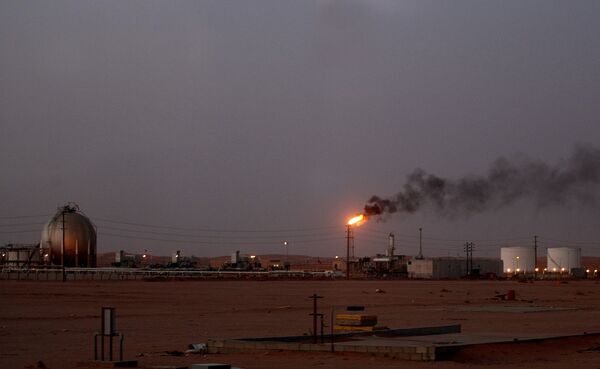
Interestingly enough, in 2012 Citigroup Inc. predicted that Saudi Arabia could become an oil importer by 2030.
However, Saudi Aramco's privatization project and the ambitious Vision 2030 plan are hanging in the balance. The key to these initiatives is Mohammed bin Salman.
"If Mohammed bin Salman falls from grace, what will happen with the Vision and privatization plans?" he asks.
According Karen Elliott House, a senior fellow at the Harvard Kennedy School of Government's Belfer Center for Science and International Affairs, there is no guarantee that Prince Mohammed would become the next king of Saudi Arabia.
In his article for The National Interest House drew attention to the fact that King Salman still hesitates to name his son his successor. According to the Saudi rules, Mohammad bin Nayef, King Salman's nephew is first in line to the throne of Saudi Arabia.
"As it stands now, it will all be hot air," Cochrane emphasizes.
"But trouble is undoutedly brewing as oil prices remain low, problems abound within the kingdom and the wider region, and by even the most optimistic outlook, diversification efforts will flounder," he concludes.
